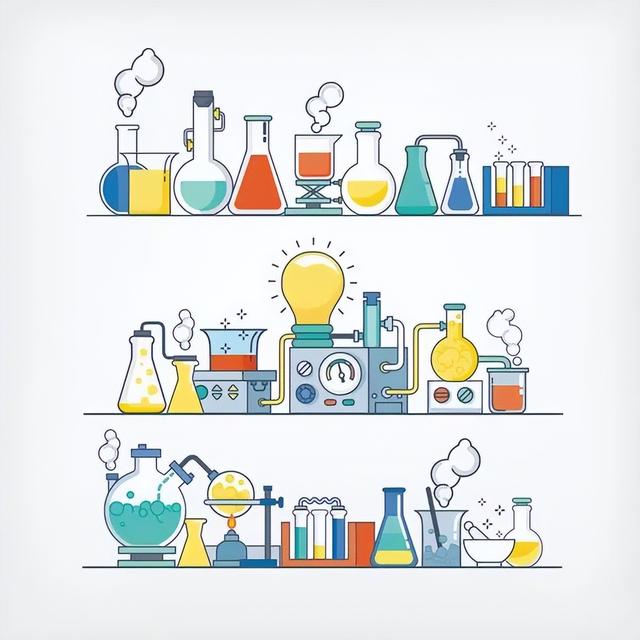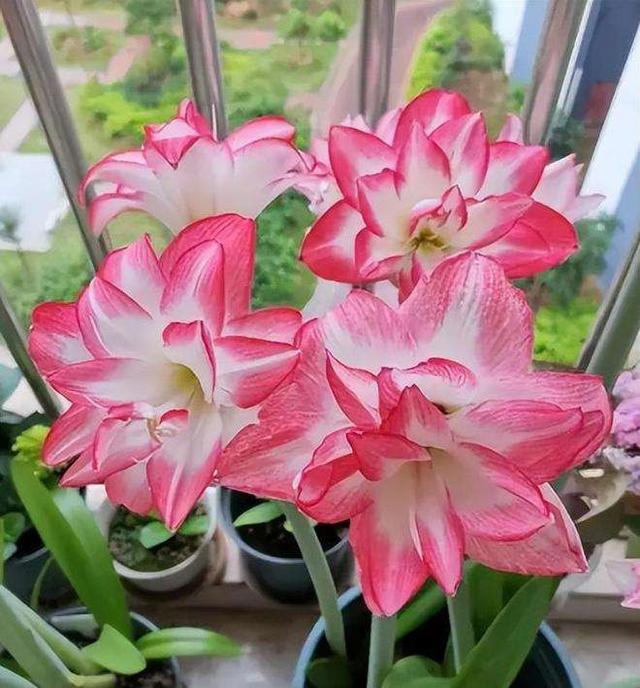sci使用指南(SCI新手指南Conclusion)

如果你的论文已经进行到Conclusion部分,那么恭喜你,漫长的论文写作终于要完结了,但这时候意识还不能放松下来,一个完美的收尾才是对自己长久以来的努力最好的回馈。虽然Conclusion位于论文的结尾,内容占全文的比重也不高,但行百里者半九十,它是整篇论文主题的概括,对于这部分的写作我们同样也不能轻视。
Conclusion
作为整篇论文的收尾部分,Conclusion(结论)是作者最终在调查、实验、推论、结果、讨论后快速简短地总结学术观点、对未来研究工作展。
Conclusion与Discussion之间的界线时常很模糊,为了使它们变得清晰起来,Conclusion会相对更短,更加笼统。你不需要讨论具体的结果,而是概括出研究中最重要的观点,也就是说,你不应该在结论中引入新的数据或解释。
实证研究通常会得出一个简短的结论,简明扼要的说明主要研究结果和建议;而人文社科可能需要更多的占比来得出结论,它的分析将所有章节结合在一起成为一个整体论点。

首先做个简短的总结,再次陈述或强调你在研究主题上的立场,这是Conclusion部分的主要功能,归纳概括一下论文的基本工作观点、事实、数据和信息,反映本研究成果的价值。
然后总结论点,简要说明和展开一下本文研究工作的论点。结论是基于实验/调查等证据,结论的确定必须从逻辑上遵循整篇论文脉络,并与Introduction中的内容及所承诺的研究目标保持一致性。
最后通过叙述问题的重要性,对问题的未来做出预测或提出解决当前问题的建议,展望和建议必须是合乎逻辑的,不能与整篇的主要预期和观点相冲突,再将主题延申到更大的范围,为未来的研究指明方向。

Tips.
- 记得回答研究问题。不是列一个问题,写一个回答。而是写出总结性的一句话,比如“下面是研究主要发现”。
- 阐述你的假设,这很重要。读者会想看的是否证明了这个假设。这个真的很重要。
- 不要用第一人称!这是学术论文。你可以用We,Researcher。
- 不要解释你发现了什么,而是写这篇文章的贡献。讨论部分才是你发现了什么,这些发现意味着什么。总结部分是这个结论要怎么应用到实践或研究领域。
Conclusion
写作常用句型
得出结论:
· The paper concludes by arguing __
· On this basis, we conclude that __
· The authors concluded that __ is not confined to __
· This allows the conclusion that __
· The analysis leads to the following conclusions: __
· It is difficult to arrive at any conclusions with regard to __
· The main conclusion that can be drawn is that __
主要发现:
· Broadly translated our findings indicate that __
· This is an important finding in the understanding of the __
· More generally, these basic findings are consistent with research showing that __
· In addition, these findings provide additional information about __
· The findings of this study can be understood as __
· Nevertheless, we found __
· These findings provide a potential mechanism for __
· Ideally, these findings should be replicated in a study where __
总结分析:
· In summary, this paper argued that __
· This aspect of the research suggested that __
· In conclusion, __ seems to improve __
· In summary, this paper argued that __
· In conclusion, it would appear that __
· Overall, our results demonstrate a strong effect of __
· The present findings confirm __
· In conclusion, __ seems to improve __
分析论证:
· This may be considered a promising aspect of __
· This may be considered a further validation of __
· Remaining issues are subject of __
· As we have argued elsewhere __ may be considered a promising aspect of __
· By using __ we tested the hypothesis that __
· Despite the limitations these are valuable in light of __
· To our knowledge, this is the first report of __
· Our results on __ are broadly consistent with __
· The broad implication of the present research is that __
· This conclusion follows from the fact that __
· Collectively, our results appear consistent with __
· Importantly, our results provide evidence for __
· Results provide a basis for __
· This experiment adds to a growing corpus of research showing __
· Our data indicate that __; a result that casts a new light on __
· We have shown that __
· Our data suggest that we still have a long way to go to _
未来研究方向:
· Future studies could fruitfully explore this issue further by __
· It is a question of future research to investigate __
· Regardless, future research could continue to explore __
· This is an issue for future research to explore.
· Future studies could investigate the association between __
· Future studies should aim to replicate results in a larger __
· Future research should be devoted to the development of __
· This may constitute the object of future studies.
· Future research could examine __
· Interesting research questions for future research that can be derived from __
· This is an interesting topic for future work.
· Future research should further develop and confirm these initial findings by __
· Future research should certainly further test whether __
· As also recommended above, future research should __
· Future research should examine strategically __
· Future research might apply __
· In addition, __ might prove an important area for future research.
· A number of recommendations for future research are given.
· Therefore, future research should be conducted in more realistic settings to __
进一步工作:
· Future research is needed to delimitate __
· Further research on __ issue is warranted.
· Further work is certainly required to disentangle these complexities in __
· Looking forward, further attempts could prove quite beneficial to the literature.
· Further research is needed to confirm this novel finding.
· These result warrant further investigation via __
· This provides a good starting point for discussion and further research.
· Further studies should investigate __
· The possibility of __ warrants further investigation.
· In future work, investigating __ might prove important.
· Future investigations are necessary to validate the kinds of conclusions that can be drawn from this study.
补充工作:
· Future research should consider the potential effects of __ more carefully, for example __
· This assumption might be addressed in future studies.
· Future research on __ might extend the explanations of __
· This is very much the key component in future attempts to overcome __
· This is desirable for future work.
· It will be important that future research investigate __
· We believe that apart from looking for __, future research should look for __
· In future research, more research is needed to apply and test __
,免责声明:本文仅代表文章作者的个人观点,与本站无关。其原创性、真实性以及文中陈述文字和内容未经本站证实,对本文以及其中全部或者部分内容文字的真实性、完整性和原创性本站不作任何保证或承诺,请读者仅作参考,并自行核实相关内容。文章投诉邮箱:anhduc.ph@yahoo.com






